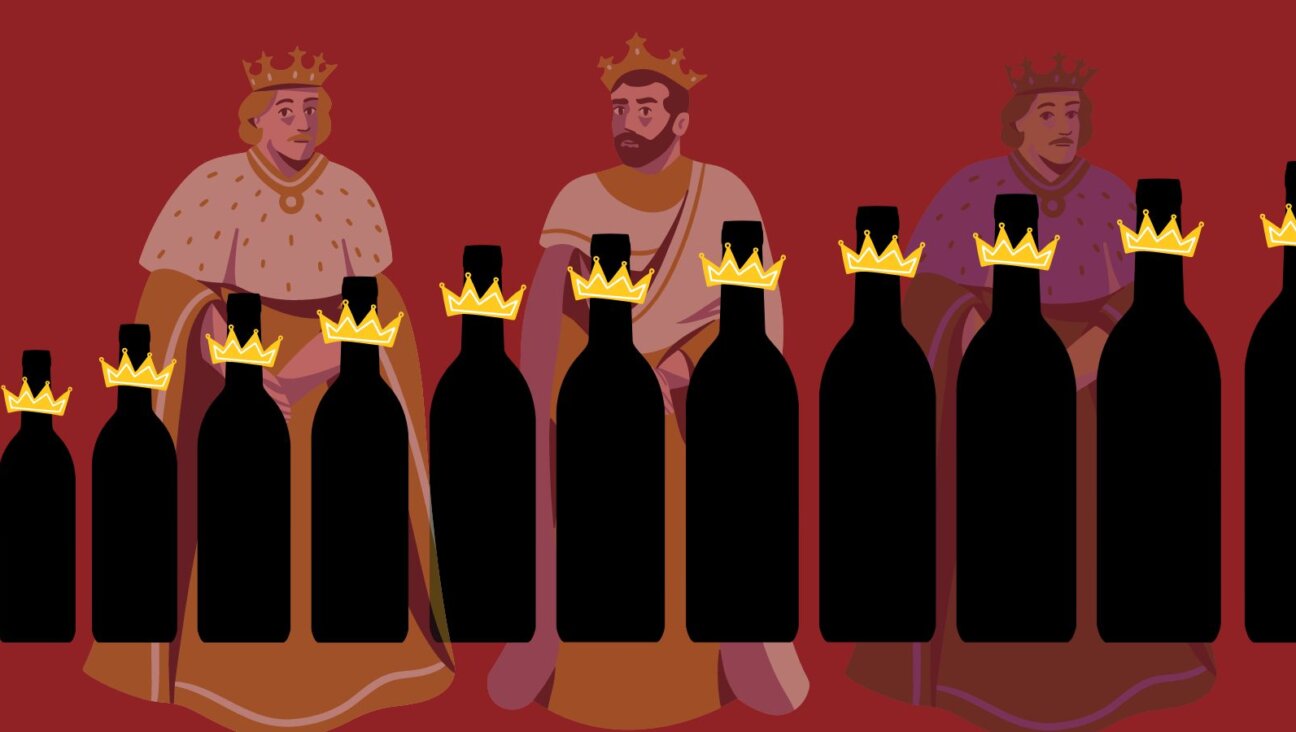God’s Dream of a Holy Nation
The week’s portion relates two events, a pleasant one between a man and a man, and the one central between the godhead and mankind.
There is a charm in reading about an ancient iconic figure in human trouble to which there is a sensible human solution. Father-in-law Jethro tells young Moses he is overdoing it which is bad not only for his own health but for the quality of his leadership. Moses sees that Jethro is right and undertakes an executive reorganization of the way he administers justice. Father-in-law goes home, and Moses leads the Israelite people on to Sinai where they will receive God’s law in writing in God’s own hand.
The biblical Yahweh is not one of your personal gods. His Holy of Holies can be approached only by specialists; He commands through the mediation of one or another of His elect who tells the elders who tell the people. Yet the event at Sinai addresses all the people and not only those alive at the time but every future Jew as well. Those present are instructed to ritually cleanse themselves and approach God on the mountain. God’s law requires the people’s consent though without the option to dissent. (In this it resembles the law of the modern democracies: If I choose to disagree with some instance of the nation’s law, I will come up against the nation’s law.)
How does God’s word reach the people? God thunders and sounds an unearthly ram’s horn so that the people will hear Him speak with Moses, and “will believe Moses forever.” Is God making a delicate reference to Moses’ old worry that he might be incapable of making himself heard and believed? The present message requires Moses to shuttle between the summit and the camp carrying God’s word down to the people and bringing their answer up to God.
God’s preamble to the Ten Commandments is the familiar formula: Remember all I have done for you; do what I say and you will inherit the promise I made to your fathers. This time it is couched in language so tender and so gorgeous it asks to be rendered in the poetry of King James’s English: “Ye have seen what I did unto the Egyptians and how I bare you on eagles’ wings and brought you unto Myself.” The parental exhortation to “obey My voice… keep My covenant” is followed by the assurance of favorite child status on a world scale: “Ye shall be a peculiar treasure unto Me before all people, for all the earth is Mine.”
It is at Sinai that God the ineffable and God the immanent participant in human history are in closest conjunction, where God is at once most intimate with His people and most awe-full. He sends the express warning: Who puts foot or hoof (or paw) on the sacred precinct will be broken. This is the God who will break — smash might be the right word — that young man who put a hand on the ark to keep it from falling off the cart on its way to Jerusalem. At Sinai God speaks to His people affectionately but arrays Himself in Weather at its most mysterious and terrifying — thunder and lightning, thick cloud and “smoke as the smoke of a furnace.” The whole mountain quakes and in the camp the people tremble. Is it our atavistic imagination that makes storms scare us, makes little dogs hide under the bed?
Is it a wonder that the people, having sent up their answer that “All that the Lord hath spoken we will do,” suddenly yearn for the kind of god made of molten metal in a domestic shape? The golden calf won’t get irritated with them for remembering an imaginary golden time of creature comforts back there under Egyptian slavery. And it will not have God’s terrible understanding of human nature and forbid our doing stuff that comes naturally.
And so we didn’t become the Israel God dreamed of when He told us, “Ye shall be to me as a kingdom of priests, and a holy nation.” Robert Alter asks if this should be construed as “divine hyperbole.” I want to imagine a divine yearning for a morally perfected people, even as people yearn — even more than we yearn for gold, yearn, even as the next tsunami crashes us down and under — for there to be a God and for Him to be perfect.
Lore Segal’s novels ,“Other People’s Houses”(1994) and “Her First American”(1985), have been reissued by The New Press. A children’s book “More Mole Stories and Little Gopher, Too” will be published by Farrar, Straus and Giroux in the spring.

I hope you appreciated this article. Before you go, I’d like to ask you to please support the Forward’s award-winning journalism this Passover.
In this age of misinformation, our work is needed like never before. We report on the news that matters most to American Jews, driven by truth, not ideology.
At a time when newsrooms are closing or cutting back, the Forward has removed its paywall. That means for the first time in our 126-year history, Forward journalism is free to everyone, everywhere. With an ongoing war, rising antisemitism, and a flood of disinformation that may affect the upcoming election, we believe that free and open access to Jewish journalism is imperative.
Readers like you make it all possible. Right now, we’re in the middle of our Passover Pledge Drive and we need 500 people to step up and make a gift to sustain our trustworthy, independent journalism.
Make a gift of any size and become a Forward member today. You’ll support our mission to tell the American Jewish story fully and fairly.
— Rachel Fishman Feddersen, Publisher and CEO
Join our mission to tell the Jewish story fully and fairly.
Our Goal: 500 gifts during our Passover Pledge Drive!
























